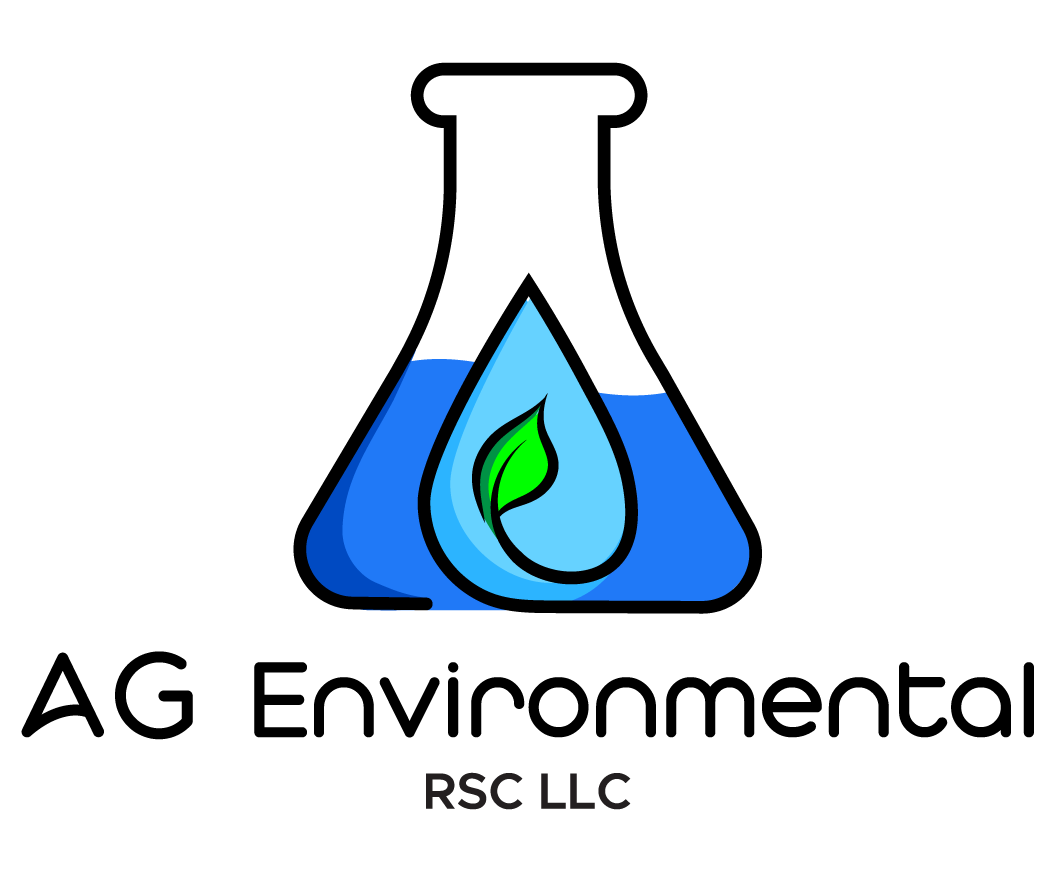The Importance of Water Testing in Nursing Homes and Hospitals
Water is an essential resource in nursing homes and hospitals, playing a critical role in maintaining the health and well-being of patients, residents, and healthcare workers. Ensuring the safety and quality of water within these facilities is of paramount importance. Therefore, conducting regular water testing in nursing homes and hospitals is crucial to identify potential contaminants, mitigate health risks, and promote a safe environment for everyone involved.
Protecting Vulnerable Populations: Nursing homes and hospitals often cater to vulnerable populations, including the elderly, individuals with compromised immune systems, and patients recovering from surgeries. These individuals are more susceptible to infections and diseases, making it crucial to provide them with safe water. Regular water testing helps identify harmful pathogens, such as Legionella bacteria, which can cause severe respiratory illnesses, particularly in immunocompromised individuals.
Ensuring Safe Drinking Water: Access to clean, safe drinking water is essential for patients, residents, and healthcare staff. Regular water testing allows for the identification of contaminants such as heavy metals, pesticides, nitrates, or volatile organic compounds (VOCs). These substances, if present in the water supply, can have detrimental health effects, ranging from gastrointestinal issues to long-term chronic conditions.
Preventing Healthcare-Associated Infections (HAIs): Healthcare-associated infections are a significant concern within hospitals and nursing homes. Waterborne pathogens can contribute to the spread of infections, particularly through contact with contaminated water sources. Comprehensive water testing programs can help identify potential sources of pathogens and implement appropriate water management plans to prevent HAIs and protect both patients and staff.
Complying with Regulatory Standards: Governments and health organizations have established water quality standards and regulations to safeguard public health. Nursing homes and hospitals must comply with these standards to maintain accreditation, licensure, and certification. Regular water testing is an essential component of meeting these requirements and ensures that facilities adhere to the necessary guidelines to provide safe and healthy environments.
Mitigating Legal and Financial Risks: Failure to implement water testing programs can expose nursing homes and hospitals to legal and financial risks. If a waterborne illness outbreak occurs due to negligence or inadequate water management, facilities may face lawsuits, reputational damage, and substantial financial consequences. Conducting routine water testing and demonstrating proactive measures to ensure water safety can help minimize these risks.
The well-being and safety of patients, residents, and healthcare staff should be a top priority in nursing homes and hospitals. Regular water testing serves as a fundamental tool in identifying and addressing potential contaminants, preventing infections, and ensuring compliance with regulatory standards. By investing in comprehensive water management programs, these facilities can safeguard the health and welfare of everyone within their premises, promoting a secure and conducive environment for care and recovery.

